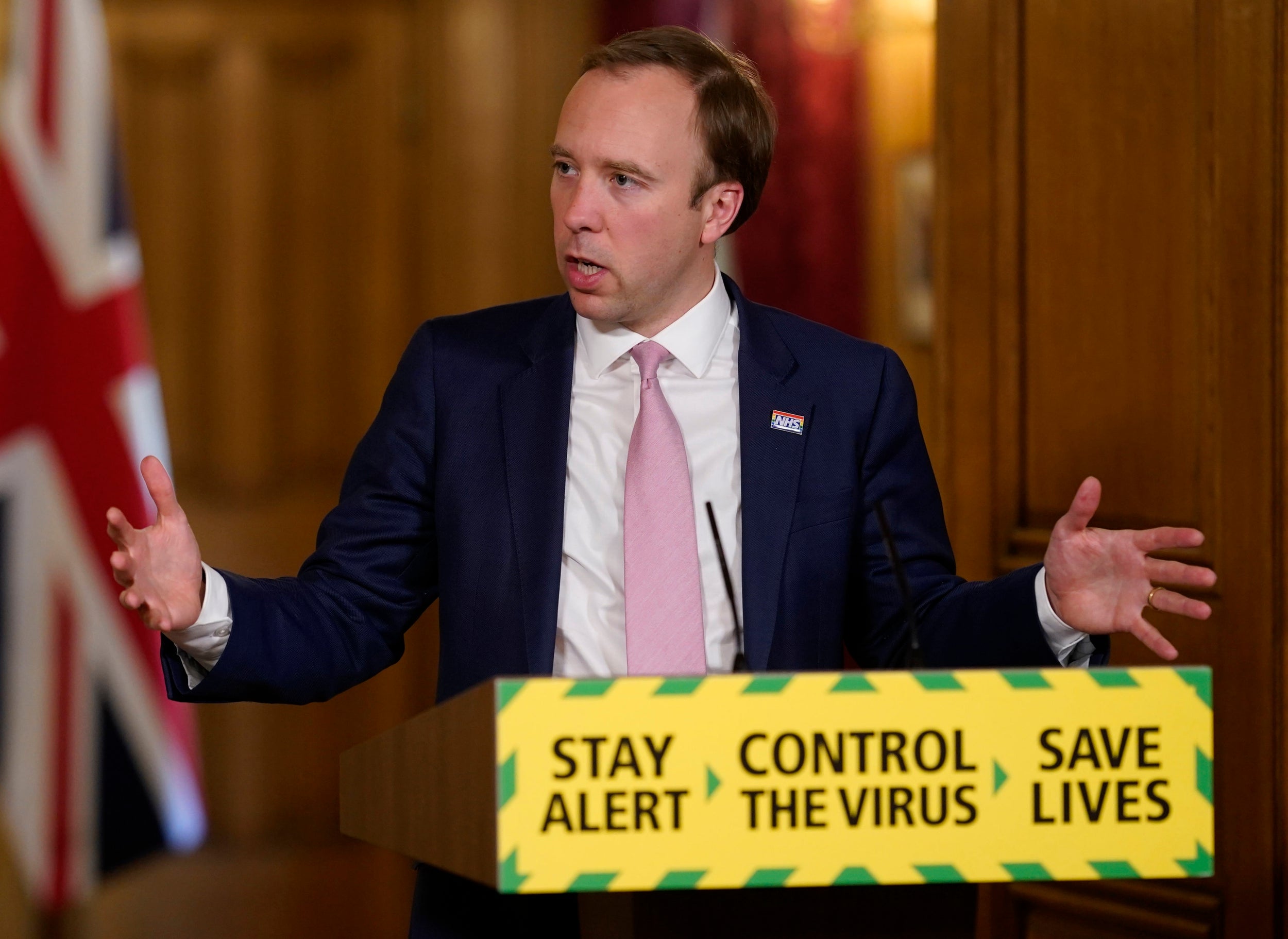Is the government fiddling the figures on coronavirus?
Pursuing policy based on misleading data won’t convince the public, writes Sean O'Grady


For a government to continue to possess any degree of authority among the people it purports to serve, it must occasionally tell them the truth.
No one, of course, expects politics to be free of lies, half-lies, half-truths, twisted facts and “figures subject to review”. But when ministers present “official” figures or objective scientific assessments of, for a topical example, the coronavirus pandemic, then the public should have some degree of confidence in them.
This is true for the vast majority of a broad range of economic and social figures that were formally brought together under the Office for National Statistics (ONS) in 1996, and thenceforth issued by the ONS. It is also true for the other data and information still produced by government departments and agencies, and not produced by the ONS, such as the current coronavirus test data from the Department of Health, its devolved counterparts and the public health authorities.
Fortunately, since it was set up in 2008, the independent UK Statistics Authority (UKSA) has overseen both ONS and other official/departmental data, and is ready to speak out when things are wrong. The establishment of the UKSA in 2008 followed concerns about excessive government “spin” being put on critical measurements, especially of economic performance, such as double counting and re-announcing initiatives.
The chair of the UKSA, Sir David Norgrove, has issued a very public warning to Matt Hancock, the health secretary, about the figures being provided, and not provided, on the critical issue of testing.
Sir David says that the coronavirus testing numbers are “still far from complete and comprehensible ... It is not surprising that given their inadequacy, data on testing are so widely criticised and often mistrusted." Sir David was direct in his accusation of politicisation and the use of figures aimed at showing “the largest possible number of tests, even at the expense of understanding”.
If trust and transparency are crucial to the success of the fight against the coronavirus, these are not good days for the government. Leaving aside the so-called Cummings effect in complying with the law and changing guidelines, the Department of Health has also been accused of suppressing the Public Health England report on the differential impact of Covid-19 on Bame communities.
In fact, Hancock did release the findings, which confirmed that those from Bame backgrounds suffered higher mortality, but the work on determining the extent to which the disparity is due to co-morbidity (for example, diabetes and obesity) is not yet complete. The government should also be clear about the impact of deprivation on different ethnic groups.
More concerning is the accusation that Chris Whitty, England’s chief medical officer, vetoed a proposed reduction in the official coronavirus threat level from 4 to 3 (with 5 being the worst danger zone and 1 meaning eradication of the disease).
In the original presentation of the “roadmap” for coming out of lockdown, a reduction in the threat level was supposed to be a precondition of easing lockdown.
Yet the “baby steps” easing measures, such as schools returning and shops reopening on 15 June, are going ahead anyway. Ministers call the current situation “transitioning”, or “moving towards 3” in Boris Johnson’s words, with the official slides on a setting that straddles 4 and 3.
While not a strictly statistical matter, like the rows over the testing figures and international comparisons (also no longer published), the usual mixed messages and obfuscations of politics may be damaging the effort to protect public health.
The less people believe in the official version of events, and the less they trust the reliability of the evidence underpinning policy, the less inclined they will be to follow the rules.
Sooner or later that will mean a greater number of cases and deaths, which may or may not be fully reflected in future official figures.
Join our commenting forum
Join thought-provoking conversations, follow other Independent readers and see their replies
Comments